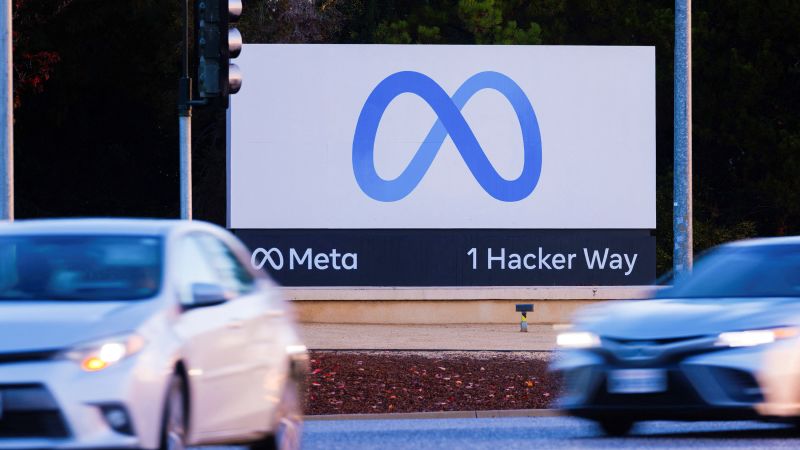
Meta oversight co-chair says the company looks like it’s ‘buckling to political pressure’ by ending fact-checking program
CNN
The company’s oversight co-chair said he would have liked to have seen changes made during “less contentious and partisan times so that they would be considered on the merits.”
Meta’s decision to end its fact-checking program looks like the company is “caving” to political pressures, said Meta’s oversight board co-chair Michael McConnell. McConnell, who is a law professor at Stanford University, told NPR on Friday that he would have liked to have seen changes made during “less contentious and partisan times so that they would be considered on the merits rather than looking like this is, you know, Donald Trump is president and now they’re caving.” Changes to Meta’s fact-checking program come within two weeks of President-elect Donald Trump’s inauguration and after CEO Mark Zuckerberg dined at Mar-a-Lago in November. Meta and other tech giants, which have faced fierce criticism from Trump in recent years, have made large donations to Trump’s inaugural fund. Meta did not respond to CNN’s request for comment. “I do think that there’s bad optics here,” said McConnell, who said he was speaking personally and not on behalf of the board. “It certainly looks like this is buckling to political pressure.” Zuckerberg announced on Tuesday that Meta’s partnership with third-party fact-checkers would be replaced with user-generated “community notes” at Facebook, Instagram and Threads, a policy similar to Elon Musk’s X. The company also quietly updated its hateful conduct policy, striking old rules about content that cannot be posted, including referring to “women as household objects or property” or “transgender or non-binary people as ‘it.’”













